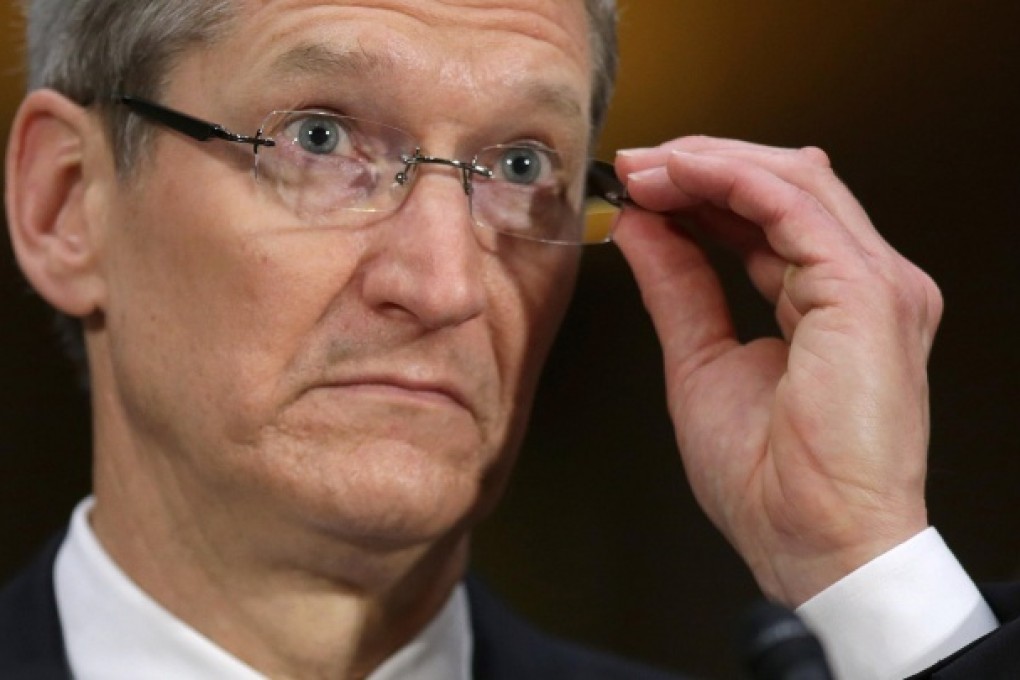Apple taxes turn into Cook's latest firefighting job
Investor concern mounts as technology firm's CEO is forced to attend to yet another crisis

Tim Cook's tenure at the helm of Apple has been a crash course in crisis management.
In almost two years since Cook became chief executive, Apple has lurched from one reputation-threatening public-relations predicament to the next - from criticism of its labour practices in China, to faulty mapping software that marred the release of the iPhone 5. Most recent case in point: Cook testified yesterday before Congress to defend Apple against allegations that it dodged US$9 billion in taxes in 2012.
In two hours of testimony, Cook calmly parried questions from a Senate subcommittee, urged reform of US corporate tax code and even shared a laugh with Senator John McCain about the hassles of iPhone updates. Even so, continually coping with crises threatens to divert management's attention from building better products and reversing a share slump. The accusation that Apple shifted billions of dollars to offshore affiliates to avoid paying taxes will alienate some consumers, said Jack Ablin, chief investment officer of BMO Private Bank in Chicago.
"There is a reputation risk," Ablin said. "Being in the news, testifying before Congress and sound bites about avoiding billions of dollars in taxes has the potential to ruffle their customers' feathers. This issue is on the front page, not the business page."
That helps explain why Cook went to Washington, to face questioning by Senator Carl Levin and other members of the Senate Permanent Subcommittee on Investigations, which said that Apple relied on loopholes and a web of offshore entities to avoid paying US taxes.
"It's important to tell our story - and I'd like people to hear it from me," Cook said in testimony. "We pay all the taxes we owe - every single dollar."